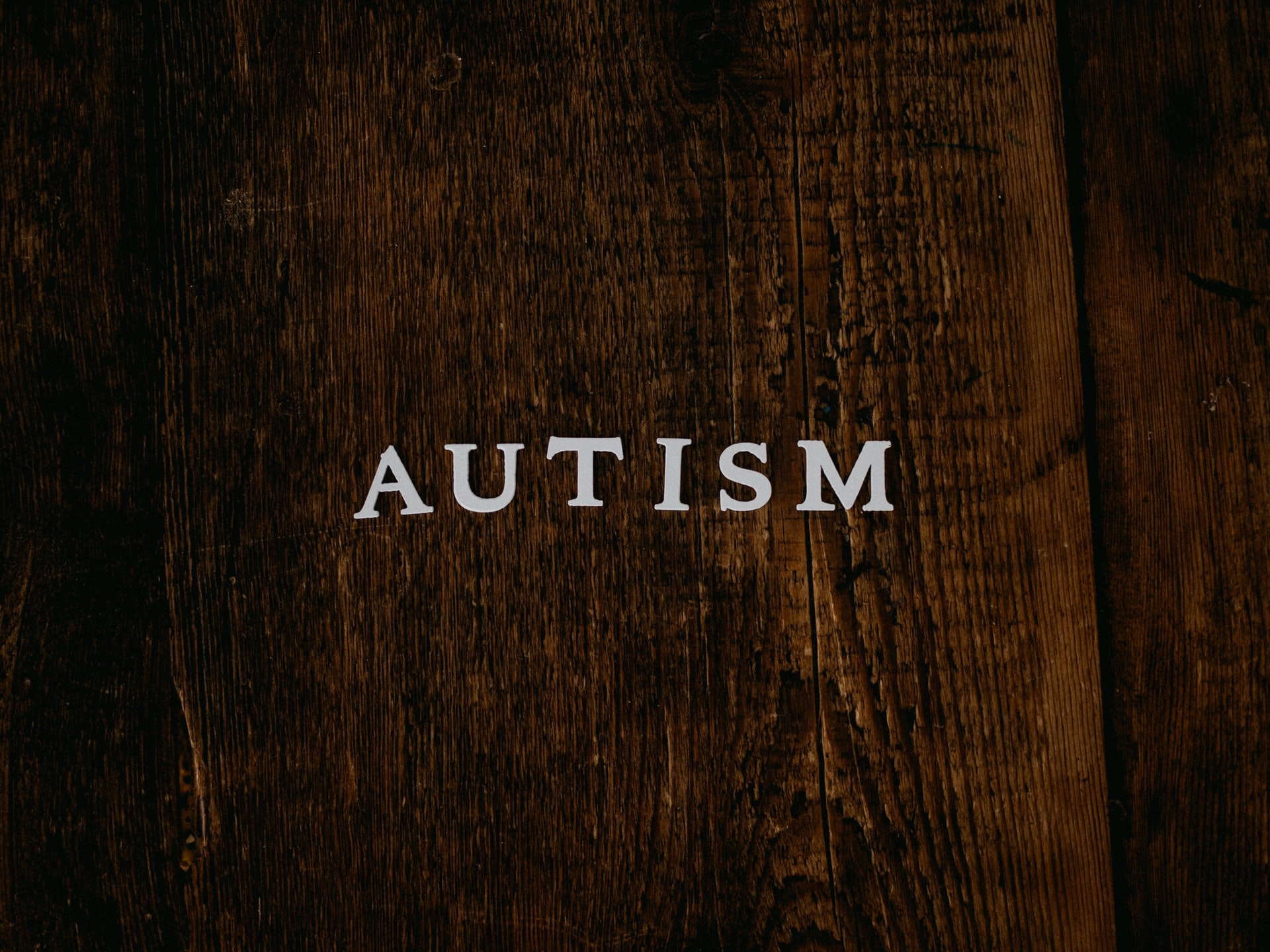Signs of High Functioning Depression
Depression affects everyone differently. For some, it is debilitating, making it hard to get out of bed each day. Some days are spent in bed. For others, depression can be seasonal. The seasonal affective disorder occurs during certain seasons throughout the year. For most, it occurs during the winter months, when there is less sunshine and colder weather. As Spring arrives, the depressive symptoms fade. However, another type of depression is high functioning. So what makes high functioning depression unique, and what are the signs of high functioning depression? By looking at someone with high functioning depression, you may think they are happy and living their best life. They may not exhibit outward signs of depression as you know it. What Is High Functioning Depression? The clinical name for high functioning depression is persistent depressive disorder (PDD). Or at least that is the type most closely related to the symptoms of high …






